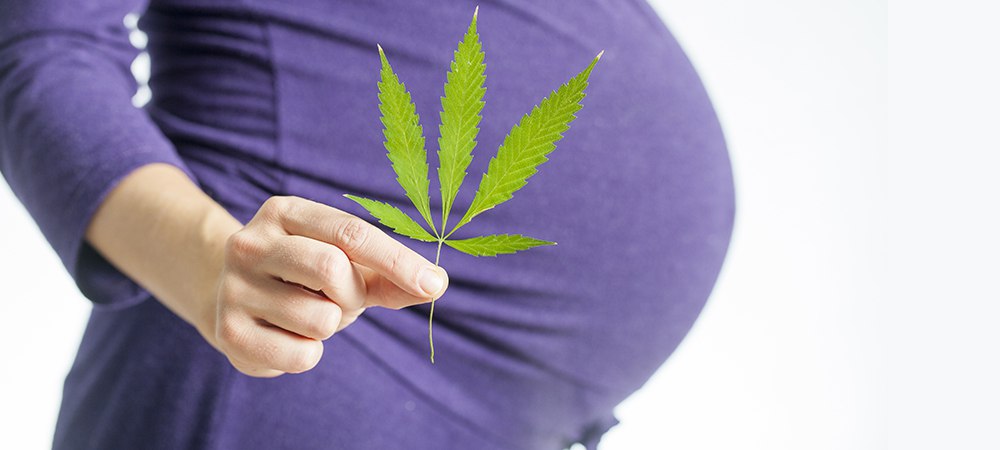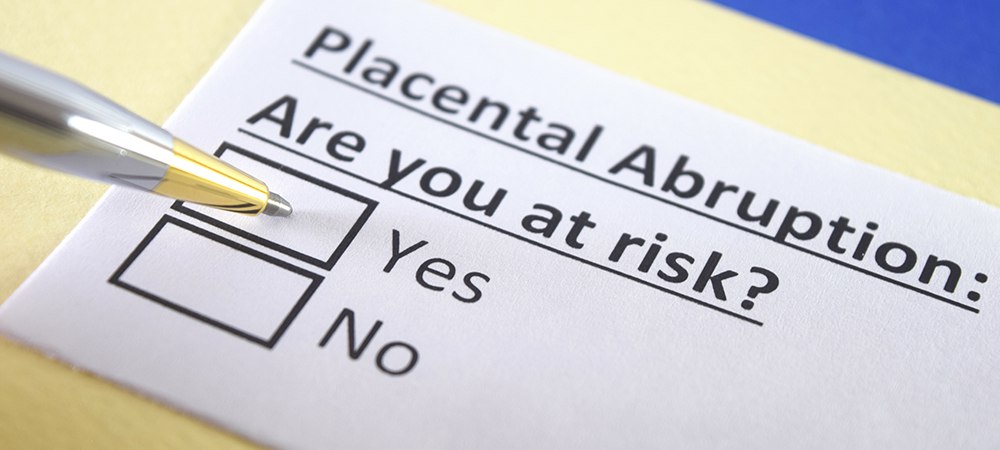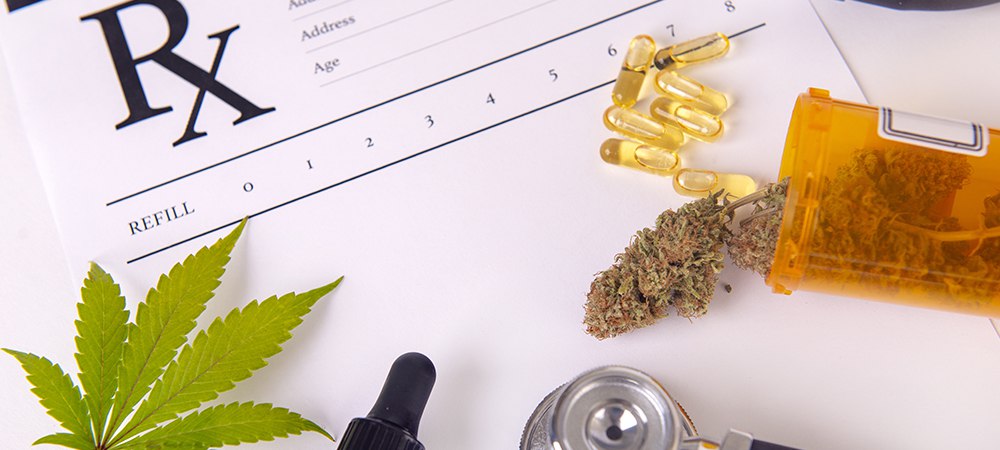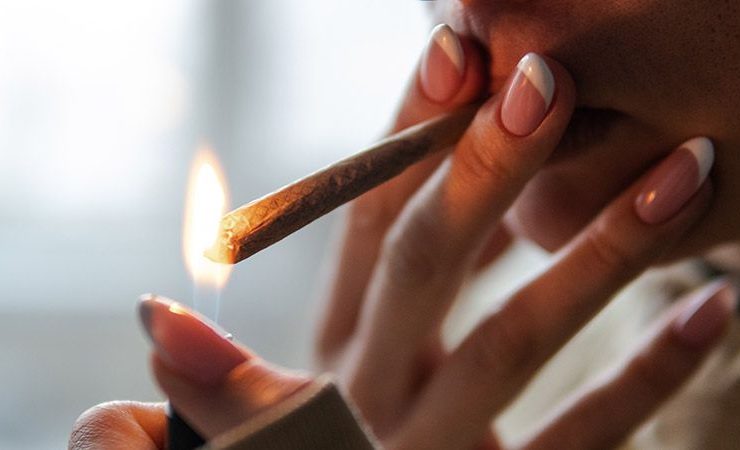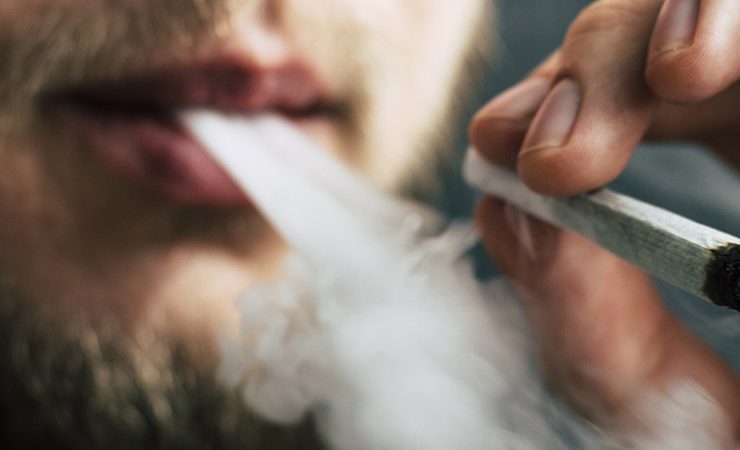Cannabis Use During Pregnancy and Lactation
Cannabis use during pregnancy, especially for recreational purposes, can be harmful to your baby’s health. While many pregnant women claim it helps keep nausea away, it does more harm than good. Also, babies whose mothers consumed cannabis while pregnant are often born underweight. If the babies aren’t underweight, chances are they’ll have other severe medical conditions.
Although the use of cannabis is legal in Canada for both medicinal and recreational use, it’s often abused. The final quarter of 2020 saw the rise of cannabis use in Canada. About 8% of Canadians affirmed using cannabis every day or almost every day. Likewise, according to a study conducted in 2020, about 24% of females over 25 years consume cannabis in Canada.
In this article, we explore the effects and dangers of cannabis use during pregnancy. In addition, we shed light on the use of medical marijuana while pregnant. Also, we answer frequently asked questions on cannabis consumption during pregnancy and lactation.
Dangers of Cannabis Use During Pregnancy
The use of cannabis during pregnancy doesn’t only apply to smoking, vaping, or consuming edibles. Applying topical creams that contain cannabis is equally as harmful as smoking it. However, this instruction doesn’t only apply to pregnant mothers. Women trying to get pregnant are advised to steer clear of this addictive substance.
One common danger of cannabis use during pregnancy is preterm birth. Pregnant mothers are also at risk of having stillbirths and other developmental problems. In addition, although many pregnant women view cannabis as a cure for morning sickness, doctors don’t deem it safe.
Furthermore, according to a study conducted in Colorado, almost 70% of cannabis dispensaries considered cannabis a morning sickness treatment. Therefore, it’s crucial that pregnant women discontinue getting cannabis from dispensaries as they aren’t medical professionals. Also, Exposing your baby to marijuana while being pregnant causes behavioural and attention deficit problems.
Consuming cannabis while pregnant causes other chemicals and THC present in the plant to enter your bloodstream. THC then passes through your placenta into your womb. In the process, the chemical present in cannabis gets into your baby’s brain.
Typically, the placenta provides your baby with the necessary nutrients it needs to develop correctly. Also, through the umbilical cord, your baby receives oxygen. Women trying for a baby are equally at risk as marijuana affects your menstrual cycle and hormones.
Another effect of cannabis on pregnancy is anencephaly which is a neural tube defect. Here are the effects of smoking weed while pregnant.
Premature birth and preterm labour
Premature and preterm share the same meaning. At the same time, premature labour happens when your delivery is earlier than the average 37 weeks of pregnancy. Women who have preterm labour always have premature babies because the baby isn’t fully developed. Typically, a baby needs to be in the womb for about 40 weeks to develop fully before birth.
Furthermore, it’s common to see children born prematurely have chronic health conditions. Likewise, they develop severe medical conditions as they grow.
According to a study, women who consume cannabis during pregnancy are twice more likely to have a premature birth. Also, they double their risks of having severe complications during childbirth.
In addition, the study states that about 12% of women that consumed the medicine delivered their babies before the 37th week. Likewise, only 6.1 percent of women that didn’t consume cannabis during pregnancy had a preterm birth.
Placental abruption
Cannabis use during pregnancy puts the mother at risk of several pregnancy complications. One of such pregnancy complications is placental abruption. Placental abruption is a condition where there is a separation between the uterine wall and the placenta.
Furthermore, placental abruption can cause the baby to be deprived of nutrients and oxygen supply. Thus, one danger of placental abruption is heavy bleeding which is often fatal.
According to a study conducted in Canada, placental abruption risk was 66% higher in females consuming cannabis during pregnancy. Also, there was an increase in the percent of babies that required intensive care after their birth.
Anencephaly
Anencephaly is a severe neural tube defect, also known as NTD. An NTD is a congenital disability of the neural tube that eventually develops into the spine and brain.
Typically, THC affects folic acid uptake during pregnancy. When your folic acid level drops while pregnant, it results in low birth weight and neural tube defects.
Children born with anencephaly have significant parts of their skull, scalp and brain missing. Usually, children born with this medical condition don’t live long. Also, they only last a few hours, even with medical intervention. Therefore, cannabis use during the first month of your pregnancy puts you at high risk of anencephaly.
Low birth weight
A low birth rate can also be known as fetal growth restriction. Simply put, it means that a baby is tiny for its gestational age and small for its age. Also, cannabis use during pregnancy reduces the chances of babies gaining the required weight before birth.
Typically, a baby is said to be underweight when its weight is below five pounds and 8 ounces. Also, babies with low birth weight have a small head size, with their body length being short.
Pregnant mothers that smoke weed has a 77% possibility of having underweight babies. Also, there’s a 36% possibility of expectant mothers being anemic as it’s an effect of cannabis on pregnancy. The statistics are according to a study conducted by a research scientist at the University of Arizona.
Anemia
Anemia occurs when a baby doesn’t have enough red blood cells to transport oxygen in the body. Anemia occurs when the red blood cells are below the average, causing the baby’s heart to beat faster. Fetal anemia happens in the womb and can be deadly. In some cases, the baby’s red blood cells are destroyed more quickly than they are made.
Furthermore, a developing baby needs oxygen as it carries all the nutrients the baby needs. Also, hemoglobin present in the red blood cells carries oxygen that the baby’s developing organs need.
Related Article: Treating Substance Use Disorder During COVID-19
Does Cannabis Use Affect Lactation?
After having your baby, there are some things you can and can’t consume. For instance, cannabis use during lactation shouldn’t be on the list of things you’re craving. Not only does smoking weed during pregnancy affect your baby, but it also has effects while breastfeeding.
THC, which is cannabis’ main ingredient, accumulates in breast milk and is fat-soluble. When nursing mothers smoke marijuana, THC stays in their breast milk for about six days. Although THC is harmful to your baby’s health, it isn’t the only thing that should get you concerned.
There are heavy metals, pesticides as well as bacteria that are present in marijuana. These contaminants aren’t just harmful to the baby due to their weak immune system but also to the mother. Additionally, mothers that consume marijuana may not do a good job inadequately caring for their babies.
Furthermore, studies from animals show that marijuana is capable of slowing the production of breast milk. So if you’re struggling to increase your milk supply, it could be a result of cannabis use during pregnancy.
Additionally, it helps to know that after consuming cannabis, THC is absorbed into your breast milk in large quantities. The concentration of THC in your breast milk sometimes causes irreparable damage to your baby’s health.
Cognitive disorders in babies
According to the Academy of Breastfeeding Medicine, babies are more likely to have cognitive issues when you expose them to cannabis. As infants, their brains are in the process of developing. Exposing them to cannabis can induce mild yet long-term neurofunctional alterations.
Furthermore, exposing your baby to a large amount of weed while breastfeeding them can cause problems with sucking. Also, they are likely to have decreased muscle tone. Likewise, babies that are exposed to marijuana have a high risk of sudden infant death syndrome.
Long-term issues
Babies exposed to marijuana are likely to have visual disintegration and lack problem-solving ability. When they grow older, they are likely to suffer from emotional regulation and memory loss. Additionally, babies exposed to marijuana have the potential to be hyperactive or have attention deficit disorder.
Mothers who are addicted to cannabis find it difficult to abstain from it during pregnancy. If you have a cannabis use disorder, it’s essential to get treated before trying for babies. Marijuana addiction treatment ensures you don’t experience complications during pregnancy.
Medical Marijuana and Pregnancy
Medical marijuana involves the use of the marijuana chemical or plant for treating medical conditions. It’s the same marijuana people consume recreationally, but in this case, it’s for medical purposes.
Also, medical marijuana can help in
- Loss of appetite
- Multiple sclerosis
- Cancer
- Epilepsy
- Anorexia
- Post-traumatic stress disorder (PTSD)
- Nausea
- Seizures
- Chronic pain
- Glaucoma
- Wasting syndrome or cachexia
Furthermore, there’s a positive effect of cannabis use during pregnancy as it reduces the risks of preeclampsia. Preeclampsia is a hazardous condition that’s characterized by gestational diabetes and high blood pressure.
The most popular reason pregnant women consume cannabis is to reduce morning sickness. Morning sickness, which is a common symptom in the first trimester, can be very uncomfortable.
Although some doctors prescribe marijuana to alleviate nausea, it still poses risks. For example, if a nursing mother consumes marijuana regularly, THC becomes highly concentrated in her breast milk.
FAQs on Cannabis Use During Pregnancy
When it comes to cannabis use during pregnancy, mothers want to know if there are other alternatives. Also, there are questions surrounding smoking weed around infants. Here are common questions mothers ask surrounding cannabis use for lactating and pregnant women.
When can I start smoking weed after childbirth?
Cannabis use during pregnancy and lactation is harmful to your baby’s health and yours. Even after weaning your baby, you can’t resume smoking weed just yet. Also, smoking weed when your baby is close by exposes them to health risks.
If you decide to smoke weed, ensure your baby isn’t around the corner. Also, it’s essential you get someone to watch your baby for you when you’re high. Finally, consuming cannabis in a large amount can impair your judgement and your motor skills.
Is CBD oil a safe alternative for nursing mothers?
CBD oils are pretty famous for their role in alleviating medical conditions like anxiety, insomnia, stress and pain. However, there is only a little research on the use of CBD oils during pregnancy and lactation.
Due to the lack of research, mothers have opted to use CBD oils as an alternative to weed. Also, it’s important that nursing mothers check with their healthcare provider before using CBD oils.
In addition, there’s a likelihood that popular CBD products may be polluted with harmful substances like THC. One reason this is a significant concern is that the government doesn’t regulate CBD products. Owing to this reason, you can get CBD products almost everywhere, including online stores.
Can I use hemp seeds?
There was a recent evaluation of food ingredients that are derived from hemp seeds. After the assessment, the FDA found no issues with using the ingredients for cooking. Usually, CBD and THC are obtained from marijuana leaves, stems and flowers. So it’s unlikely that you’d get these substances from hemp seeds.
Although hemp seeds are likely to contain a tiny amount of CBD and THC, they aren’t harmful. This is because when hemp seeds touch other parts of the plant, they get a small amount of CBD. Thankfully, hemp seeds aren’t detrimental to breastfeeding or pregnant mothers.
Related Article: 10 Tips to Get Rid of Marijuana Addiction
To Sum It Up
Cannabis use during pregnancy although medically can be helpful in treating medical conditions. However, babies are too young to be exposed to it. There are harmful chemicals in cannabis, and a baby’s immune system can’t handle them. Additionally, The effects of marijuana on pregnancy can be devastating, causing long-term health conditions like ADHD.
As a mother, it’s crucial to provide a safe environment for your baby. Even if your baby now relies on a food formula, smoking is risky in your baby’s presence. Second-hand smoke is likely to have the same effect on your baby as ingesting THC-concentrated breast milk.
It’s vital that your environment is drug-free, as this is safe for you and your child. If you need professional help, enroll in an addiction treatment program. Inspire Change Wellness Centre can take care of you and your loved ones!

